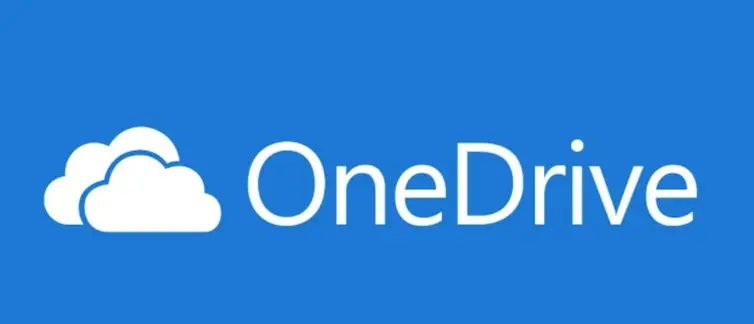Many OneDrive users get bad news

There are several ways Microsoft can try to persuade users to upgrade to the latest operating system possible. They also deployed a desktop application of their cloud service for the cause.
Microsoft recently announced that the OneDrive desktop application on Windows 7, Windows 8, and Windows 8.1 would not be updated as of January 1, 2022. That synchronization of personal OneDrive accounts configured in the desktop application will also cease on March 1. Of course, your OneDrive account will still be available over the Internet, but the desktop version is only supported on Windows 10 and Windows 11.
To maintain the OneDrive experience, Microsoft recommends that users switch to the latest versions of Windows. Those who do not are advised to back up and protect their files by manually uploading them to OneDrive on the web. From here, they can still access, edit, and share their files on all of their devices.
Microsoft also provided information for those using the OneDrive desktop app for business. As of January 1, 2022, application support will adapt to the Windows support lifecycle. For Windows 7 and Windows 8.1, support will end on January 10, 2023, but Windows 8 will no longer be supported.
All this, Engadget notes, is not an unexpected move. Microsoft has long failed to persuade a good few customers to upgrade to newer versions of Windows – companies and governments prefer to pay for special support contracts rather than upgrades. Of course, this hurts Microsoft, but it also has security risks: WannaCry, for example, has taken advantage of organizations running outdated versions of Windows. The new OneDrive policy may encourage some users to install more recent versions of Windows, even if they are otherwise satisfied with an old operating system.



